Reading, writing, and math are essential—but what about the skills you actually use every day as an adult? From unclogging a drain to planning a grocery list, many young people graduate with diplomas in hand but zero idea how to handle basic life tasks. Schools do a great job teaching academics, but they often skip over practical home skills that are just as important for independence and confidence. Whether it’s doing laundry, budgeting for meals, or fixing a leaky faucet, these are the real-life lessons that can make the transition to adulthood a whole lot smoother. It’s time we reimagine what education looks like and start giving these 16 home skills the classroom time they deserve.
Basic Home Maintenance
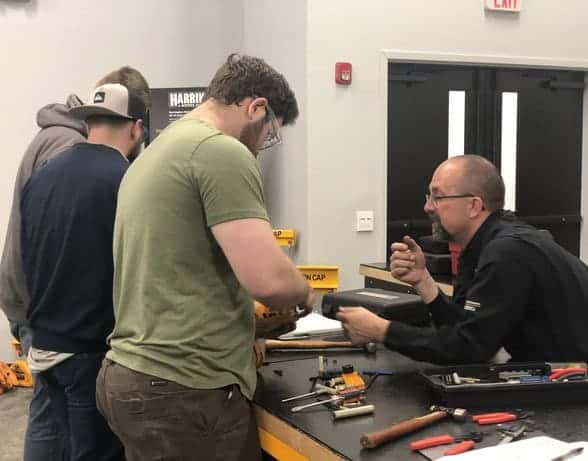
Basic home maintenance skills are invaluable for anyone looking to save money and prevent costly damage. Tasks such as fixing leaks, changing air filters, and unclogging drains are simple yet effective ways to maintain a home’s integrity. According to This Old House, these skills not only preserve property but also enhance its value over time. Learning to handle minor repairs can significantly reduce dependence on professional services, saving both time and money. By introducing these maintenance techniques in schools, students can gain confidence in their ability to care for their future homes.
Laundry Basics
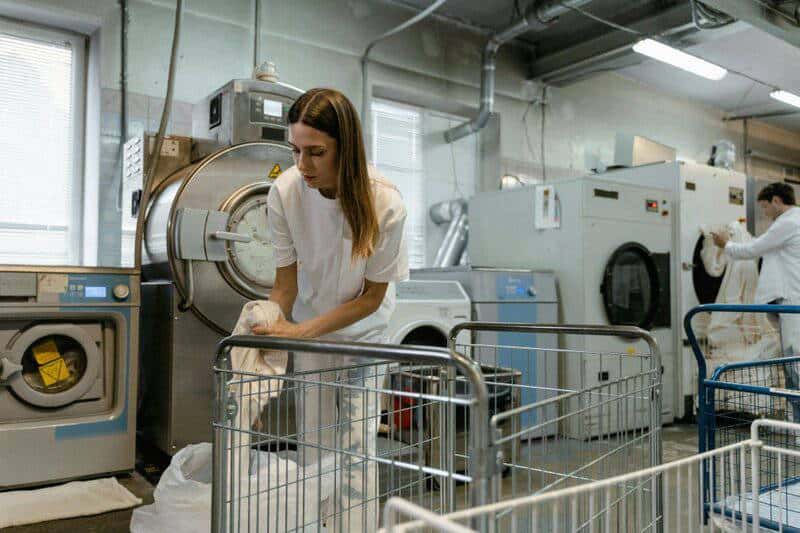
Mastering laundry basics is vital for maintaining personal hygiene and preserving clothing quality. Essential skills include sorting clothes by color and fabric type, selecting the appropriate washing cycle, and understanding drying techniques to prevent shrinkage or damage. As highlighted by Martha Stewart, these tasks, though simple, require attention to detail to ensure garments remain in good condition.
Teaching these skills in schools can help students become more self-sufficient, reducing reliance on others for basic household chores and promoting a sense of responsibility.
Gardening and Plant Care
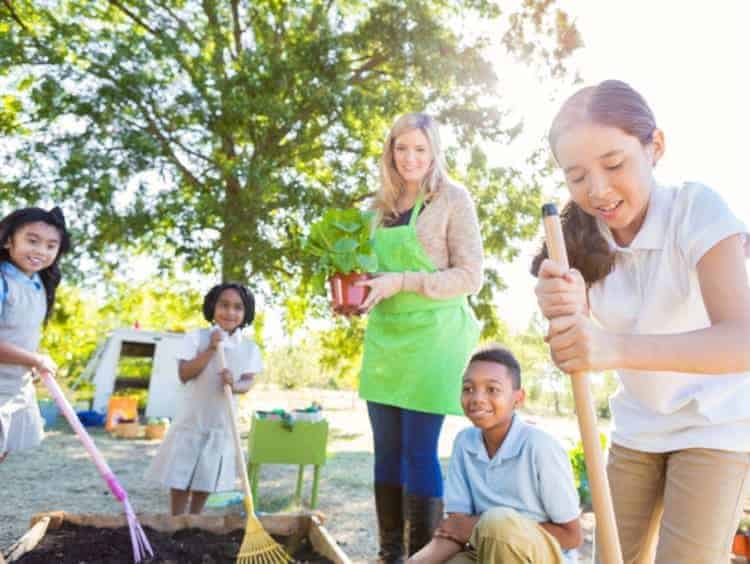
Gardening offers numerous benefits, such as stress relief, physical exercise, and even food production. Engaging with nature can enhance mental well-being and provide a rewarding hobby. The Royal Horticultural Society suggests starting with easy-to-grow plants like herbs, tomatoes, and lettuce, which can thrive in small spaces or pots. By introducing gardening and plant care into school programs, students can learn sustainable practices and appreciate the origins of their food, fostering a deeper connection with the environment and promoting healthy eating habits.
Sewing and Clothing Repair
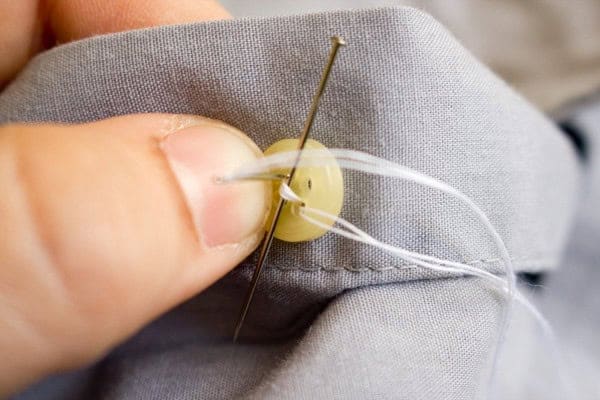
Sewing skills are invaluable for repairing and customizing clothing, contributing to both cost savings and environmental sustainability. Simple techniques like hemming, button replacement, and patching holes can extend the life of garments, reducing the need for new purchases. Sewing.org highlights how these skills can empower individuals to maintain their wardrobes creatively and resourcefully. By incorporating sewing and clothing repair lessons into school curricula, students can gain practical skills that promote a sustainable lifestyle, encouraging mindful consumption and reducing waste.
Vehicle Maintenance Basics

Understanding vehicle maintenance basics is crucial for preventing major repairs and ensuring safety on the road. Skills such as checking oil levels, tire pressure, and battery condition can significantly extend a vehicle’s lifespan. AAA emphasizes that regular maintenance can avert costly breakdowns and improve fuel efficiency. By teaching these skills in schools, students can become more self-reliant and knowledgeable car owners, capable of performing routine checks that enhance the performance and reliability of their vehicles over time.
Basic Plumbing Skills
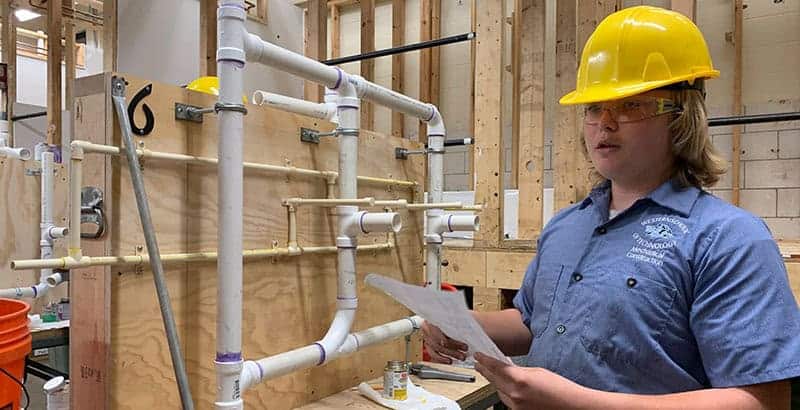
Acquiring basic plumbing skills can be a substantial money-saver, helping to avoid costly repairs and water damage. Tasks like unclogging drains, fixing minor leaks, and replacing washers are simple yet effective measures that maintain a home’s plumbing system. Family Handyman points out that these basic skills can empower homeowners to handle minor issues independently. Incorporating plumbing lessons in schools would provide students with practical knowledge, enhancing their ability to manage future household challenges and promoting self-sufficiency.
Critical Thinking and Problem Solving

Critical thinking and problem-solving skills are essential for making informed decisions in everyday life. These abilities enable individuals to analyze situations, evaluate options, and implement effective solutions. According to Education Corner, developing these skills can lead to better academic and professional outcomes. By incorporating critical thinking exercises and problem-solving scenarios into school curricula, students can enhance their ability to tackle complex issues, fostering independence and adaptability in various aspects of life.
Meal Planning and Grocery Shopping

Meal planning is a valuable skill for promoting health and managing a budget. By planning meals ahead, individuals can ensure balanced nutrition and prevent food waste. Effective grocery shopping strategies, such as creating a list, comparing prices, and buying in bulk, can further enhance savings. EatingWell notes that these practices lead to healthier eating habits and financial efficiency. Introducing meal planning and shopping lessons in schools can equip students with the ability to make informed food choices, contributing to a healthier and more economical lifestyle.
Conflict Resolution

Conflict resolution skills are vital for peacefully resolving disputes and maintaining healthy relationships. Techniques such as active listening, empathy, and mediation can help individuals address disagreements constructively. The Conflict Resolution Network emphasizes that effective conflict management leads to more harmonious interactions and mutual understanding. By teaching these skills in schools, students can learn to navigate conflicts with confidence, fostering a cooperative environment and promoting positive outcomes in both personal and professional settings.
Emotional Intelligence

Emotional intelligence is key to understanding and managing one’s emotions, which is crucial for personal well-being and forming healthy relationships. It involves recognizing emotions in oneself and others, using emotional information to guide thinking, and managing emotions to adapt to environments. According to Psychology Today, high emotional intelligence leads to better mental health and social interactions. By incorporating emotional intelligence training in schools, students can develop the skills necessary to navigate complex social dynamics and enhance their personal and academic lives.
Eco-Friendly Practices
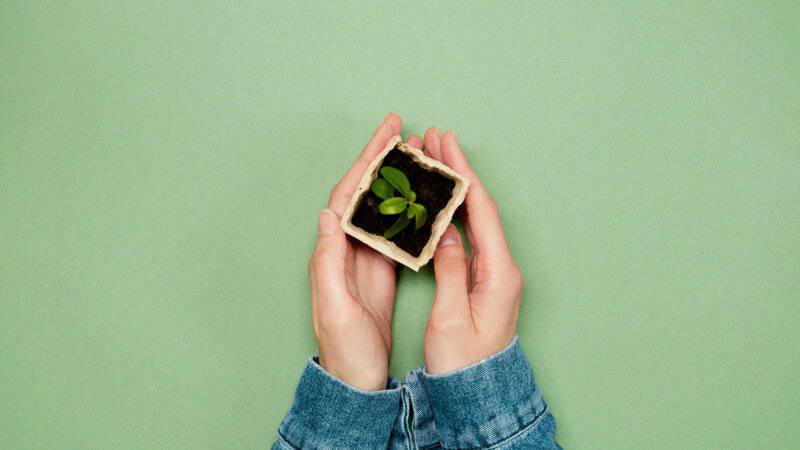
Embracing eco-friendly practices is essential for promoting environmental sustainability and preserving natural resources. Actions like recycling, reducing waste, and conserving energy contribute significantly to minimizing one’s ecological footprint. The Environmental Protection Agency underscores the impact these habits can have on protecting our planet for future generations. By integrating lessons on sustainability and environmental responsibility into school programs, students can learn to adopt and advocate for practices that support a healthier ecosystem and a more sustainable lifestyle.
Personal Hygiene and Health

Understanding personal hygiene and health is fundamental for disease prevention and self-care. Maintaining hygiene through regular handwashing, dental care, and grooming routines significantly reduces the risk of infections. The World Health Organization emphasizes the importance of these practices in promoting overall well-being and preventing illness. By teaching personal hygiene and health maintenance in schools, students can develop lifelong habits that support their physical health, contributing to a healthier and more productive society.
Self-Defense Skills
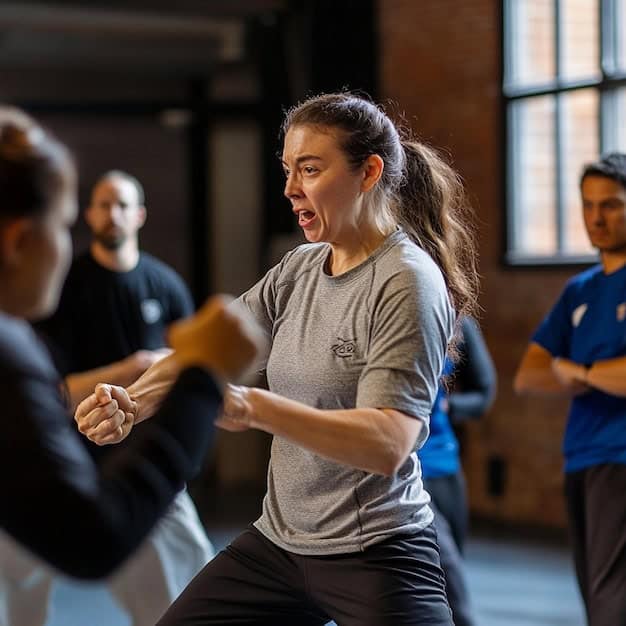
Acquiring self-defense skills is essential for enhancing personal safety and boosting confidence in potentially threatening situations. Basic techniques, such as awareness training, escape strategies, and physical defense moves, can empower individuals to protect themselves. The National Self Defense Institute advocates for self-defense education as a means to increase personal security and peace of mind. By teaching these skills in schools, students can cultivate a sense of empowerment and readiness, enabling them to respond effectively should they face any form of physical threat.
Stress Management Techniques

Practicing stress management techniques is crucial for maintaining mental health and overall well-being. Techniques such as mindfulness, meditation, and regular exercise can effectively reduce stress levels and improve emotional resilience. The American Psychological Association emphasizes the importance of these practices in enhancing mental clarity and emotional stability. By introducing stress management education in schools, students can learn to cope with life’s pressures healthily, leading to better academic performance and a more balanced lifestyle.
Cultural Awareness and Sensitivity

Cultural awareness and sensitivity are vital skills in our increasingly globalized world. Understanding and respecting diverse cultural practices can foster inclusivity and collaboration across different backgrounds. The Cultural Intelligence Center emphasizes that engaging with various cultures enhances communication and reduces cultural barriers. By incorporating cultural education in schools, students can develop the ability to navigate multicultural environments effectively, promoting empathy and respect in personal and professional interactions worldwide.
Goal Setting and Achievement

Goal setting and achievement are crucial for personal success and fulfillment. Establishing clear, actionable goals allows individuals to focus their efforts and measure progress, leading to a sense of accomplishment. According to Mind Tools, effective goal setting involves creating specific, measurable, attainable, relevant, and time-bound (SMART) goals. By teaching goal-setting strategies in schools, students can learn to prioritize their aspirations, develop perseverance, and achieve meaningful outcomes in both their personal and professional lives.

